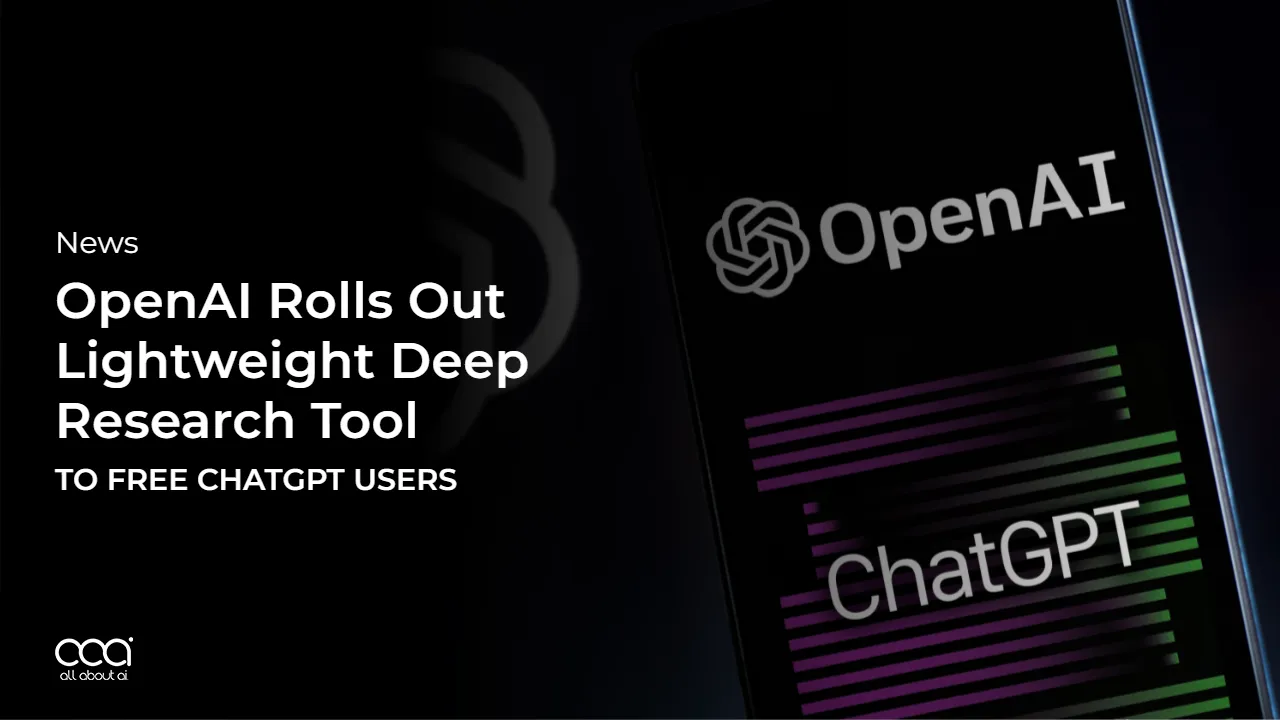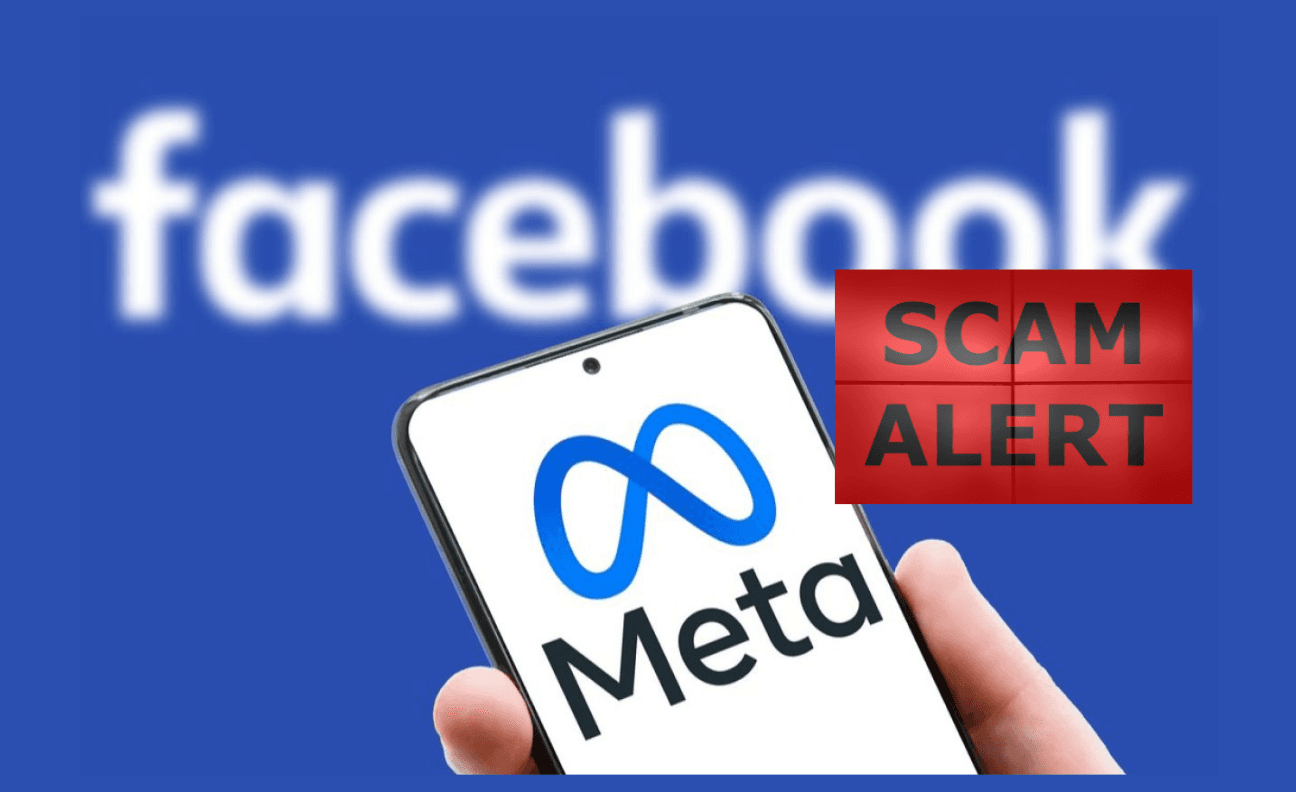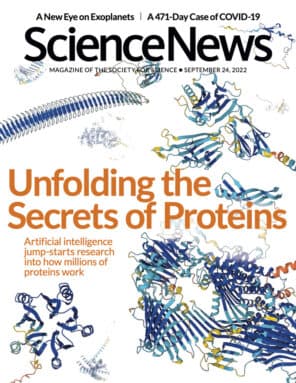OpenAI Launches ChatGPT Shopping Research Tool Ahead of Black Friday
OpenAI began rolling out a shopping research feature inside ChatGPT on November 24, designed to help users compare prices, compile buyer guides and surface product availability across trusted retailers just before Black Friday and the holiday season. The tool is available to logged in users on Free, Go, Plus and Pro plans, and OpenAI said usage will be nearly unlimited through the holidays, raising questions about accuracy, privacy and the future of checkout inside conversational AI.

OpenAI began rolling out a new shopping research feature inside ChatGPT on November 24, positioning the conversational AI as a frontline assistant for holiday shoppers. The tool is intended to compile buyer guides, compare prices, scan reviews and surface availability from what the company called trusted retail sites, with links to merchants for users who want to follow through on purchases.
The feature is available to logged in users across OpenAI subscription tiers including Free, Go, Plus and Pro. OpenAI said that usage would be nearly unlimited through the holidays, a notable concession from the company that could reduce friction for shoppers at the busiest time of the year. The rollout comes as online retailers and search engines brace for a surge in demand tied to Black Friday and the broader holiday shopping season.
ChatGPT’s shopping research capability asks clarifying questions to refine results and uses past conversations to personalize recommendations. That approach aims to produce more relevant lists and comparisons than a one size fits all search result. OpenAI emphasized that the model can still get pricing or availability wrong, and said that checkout inside ChatGPT will arrive later through an Instant Checkout program with participating retailers.
The immediate effect for consumers is convenience. Shoppers can request a curated buyer’s guide, have the assistant surface deals across retailers and click through to merchants rather than performing multiple searches. For people balancing time pressure and a flood of options during the holidays, that consolidation could save minutes that quickly add up.
The rollout also raises practical concerns. OpenAI’s warning about potential errors in price and availability highlights a well known limitation of large language models when they synthesize data from multiple sources. Links to merchants do not guarantee real time pricing or inventory accuracy, and shoppers may need to confirm details on retailer sites. The absence of native checkout at launch means the final purchase flow remains outside the ChatGPT environment until retailers opt into Instant Checkout.
Privacy and personalization will attract scrutiny. Using past conversations to tailor recommendations can improve relevance, but it amplifies questions about data retention, consent and transparency. OpenAI has not provided exhaustive detail about what conversational history is used or how long that information is stored as part of the shopping experience.
Retailers and platforms are likely to watch usage closely. Referral traffic from an AI assistant could reshape discovery and advertising economics, while an eventual Instant Checkout capability could alter where and how consumers complete transactions. Regulators and consumer advocates will be attentive to accuracy, disclosure and the potential for anti competitive effects if a few dominant AI assistants become primary gateways to commerce.
As shoppers begin searching for deals during Black Friday and through the holiday period, ChatGPT’s new shopping research feature represents another step in the integration of AI into everyday transactions. Its practical value will depend on the accuracy of real time data, the rollout of integrated checkout and how transparently the service handles personalization and data.

